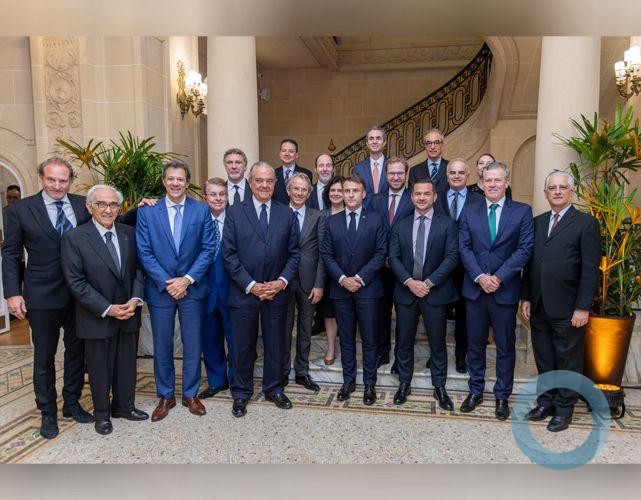German Magazine Der Spiegel
Editorial on NSA Affair
The German-American friendship no longer exists. It may still remain between citizens of both countries, but not between their governments. Perhaps it has always been an illusion, perhaps the United States pulled away over the course of time. But what binds these two nations today cannot be considered friendship. Openness and fairness are part of the essence of friendship, which is about mutual respect and trust. A quarter century after the United States helped the German people restore their national unity, little remains of this friendship.
As new documents from WikiLeaks and reporting by SPIEGEL show, the NSA has been systematically spying on much of the German government. America's spies not only listened in on Chancellor Angela Merkel's private conversations about sensitive political issues. The NSA also bugged ministries, ministerial offices and other government agencies. Not even journalism is sacred to the Americans — at least not in Germany. American spies monitored at least one SPIEGEL colleague in Berlin — spies who represent a country that considers itself a guarantor of freedom of the press, one of the cornerstones of a liberal democracy.
Today we know: The friendly smile worn by Angela Merkel's hosts in Washington all these years has been insincere at best.
Sept. 11 is not a good enough excuse for what has transpired. The terrorist attacks were horrendous, and a turning point for America and the world. It was understandable that the administration in Washington believed that they needed to protect their country against future attacks. Just as friends and family need support after going through a sudden, traumatic experience, the Allies were prepared to show their support for their friend.
But what has come to light has nothing to do with the attacks of Sept. 11 and the fight against terrorism. The US began systematically spying on the German government at least since 1999 (perhaps even earlier); in other words, two years before the attacks on New York and Washington. It is questionable that the German Agricultural Ministry's fisheries department, which the NSA also spied on, had anything to do with Osama bin Laden or al-Qaida.
Unscrupulous
It wasn't security of the Western world that concerned the Americans. Instead they pursued their own interests, unscrupulously vying for slight political advantages in diplomatic dealings and in the struggle for economic prosperity. The reference to the terrorist threat has long become a fig leaf for habitual and brazen espionage.
In the US, the complaints, such as the ones formulated in this editorial, are taken as naive and twee. They are considered laughable. However, if naivety means that one has not yet given up the belief in fairness as the basis for the partnership, then one should be naive. It is also better than the pathetic act that Merkel's administration has put on for years with regards to the NSA: feigned public outrage over America's tactics.
The German government has engaged in a devil's pact with the US and its Orwellian spying machine. This may have been done out of fear — fear of not receiving the potentially imperative information about a planned attack. But through her silence, Merkel has made the German government complicit. She allowed the law to be broken. She also permitted the principles that characterize open, democratic societies to be compromised.
The German government had the wrong priorities. There is no guarantee of security. Fear of an attack is no reason to sacrifice legal principles.
The chancellor must show Washington a clear sign of resistance. Germany must free itself from this pact with the NSA. In the future, it must write the rules for its cooperation with intelligence agencies itself — which may mean that certain information will no longer be shared.
It would not be the end of cooperation between the two countries, particularly not on the issues of trade and foreign policy. Germany and America will have shared interests in certain matters. But currently, there's little room in the relationship for more than that.
DefesaNet Note
German magazine Der Spiegel released this violent editorial against German- American joint efforts on intelligence affairs.
Jointly with British The Guardian, Brazilian O Globo and American The New York Times are the voices on Wikileaks – Snowden documents releasing.































